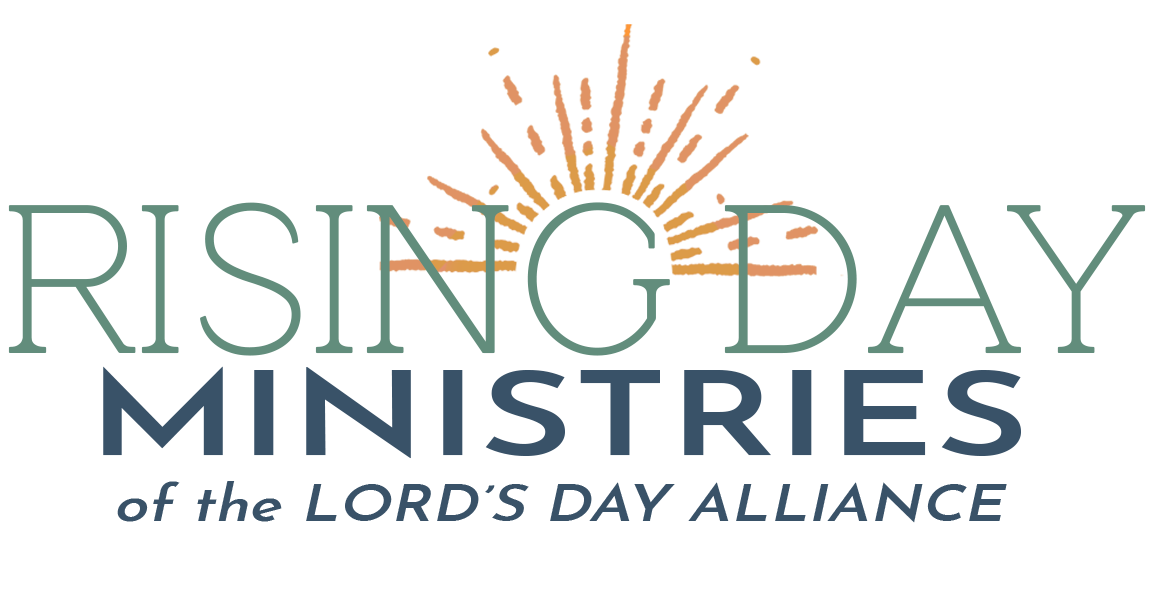Book Review
Walter Brueggemann's Sabbath as Resistance: Saying no to a culture of now
by John Houchens
I have a memory as a child when I was five years old. I got a shovel out of our basement and went into the backyard to play. My mother, at the kitchen sink, was looking out the window. She banged on the glass furiously as I was walking by. I stopped dead in my tracks. She came outside and with a rather stern voice told me to put the shovel away. “We don’t work on Sunday” she said.
Hence my first lesson in keeping the Sabbath.
But as I grew into my teen years and into adulthood, it wouldn’t take long before Sunday, the “Christian Sabbath” as some understand it, would become just another day for me. And I was a pastor. In a small church you tend to do a lot of things. Fold the bulletins on Sunday morning, prep the sanctuary, practice your sermon one more time, preach, do some impromptu counseling, receive a complaint from a parishioner (or two), maybe a committee meeting over lunch or back at church in the evening. I kept telling myself I would take off one day a week. But there was always something that needed to be done. After 15 years I burned out and left the traditional pulpit ministry. My wife was an Emergency Room nurse. So, weekend work was not an option for her. It was a requirement. We failed miserably at Sabbath rest. We were weary and heavy laden.
Enter Walter Brueggemann and Martha Bettis-Gee. In 130 short, easy to read pages they have given us a resource that not only teaches the value and importance of Sabbath keeping but creates a desire and excitement to pursue it. For Brueggemann, keeping Sabbath rest is the supreme way of resisting our contemporary culture in the West. A culture that seeks to convert us to its idols of consumerism and acquisition. A culture that, at the end of the day, produces nothing more than anxiety in each one of us.
Brueggemann roots the original Sabbath keeping in the context of slavery in Egypt... the relentless and constant production of bricks and mortar by God’s people at the hands of Pharoah. There was no rest. And not just for God’s people, but for Pharoah as well. If he wants more, he’ll have to manage those production schedules and the building of those “bigger barns.” And so, when God liberates God’s people and gives the covenant on Mt Sinai the command to “remember the Sabbath” had a very special meaning:
Remember the sabbath day, and keep it holy. Six days you shall labor and do all your work. But the seventh day is a sabbath to the LORD your God; you shall not do any work—you, your son or your daughter, your male or female slave, your livestock, or the alien resident in your towns. For in six days the LORD made heaven and earth, the sea, and all that is in them, but rested the seventh day; therefore the LORD blessed the sabbath day and consecrated it. (Exodus 20:8-11 NRSV)
You may not agree with the lengths to which Brueggemann goes in extrapolating the Biblical stories of sabbath keeping to today’s culture. But he will make you realize the importance of Sabbath Rest. And Martha Bettis-Gee’s study guide, which follows each of the six chapters, will help you grapple with it and apply it. The study guide has made Sabbath as Resistance: Saying no to a culture of now an excellent resource for personal application and small group study.

